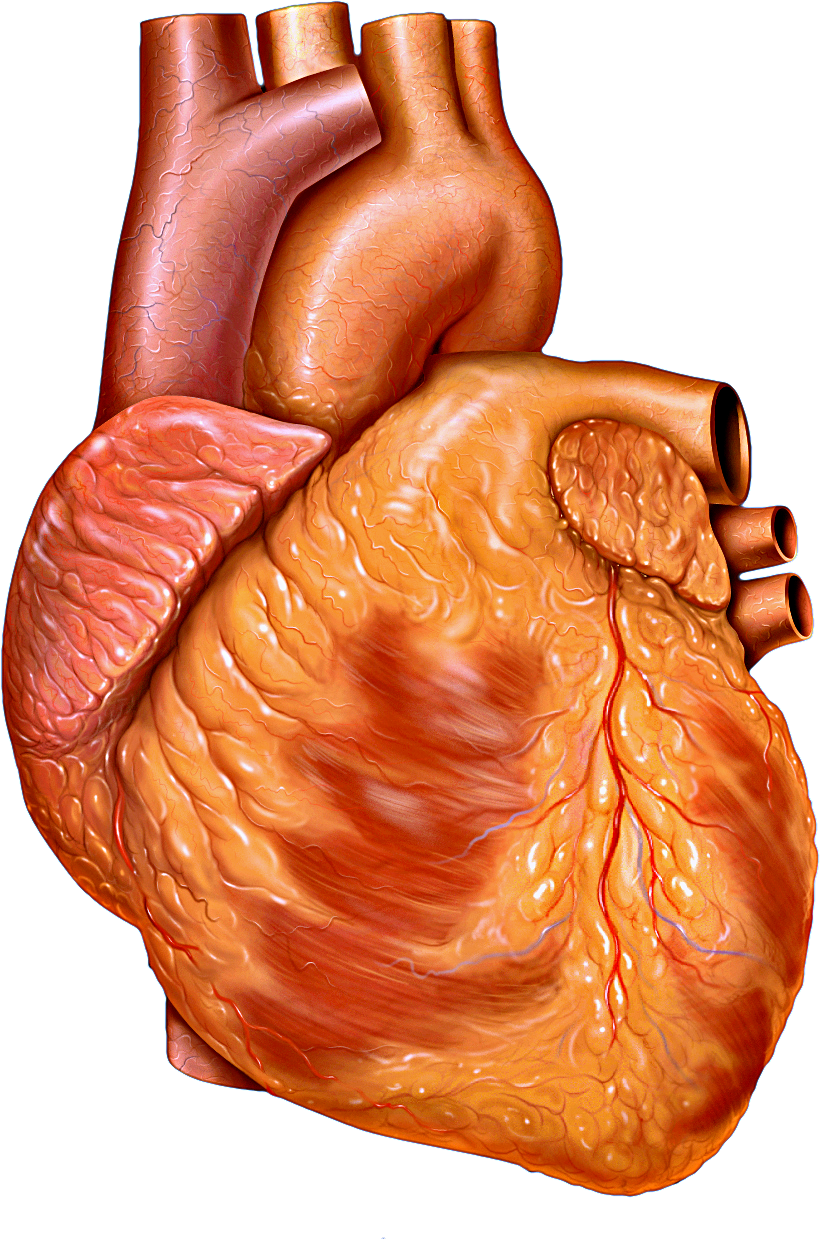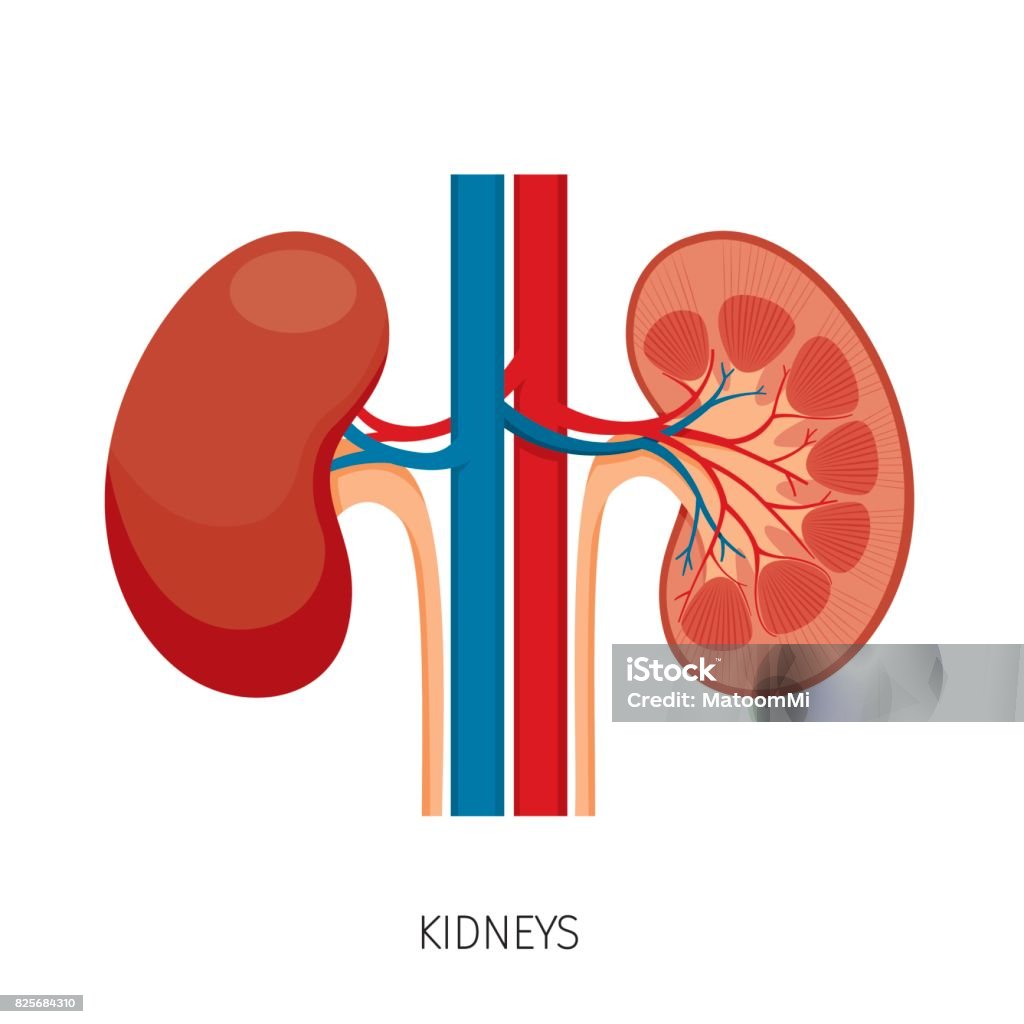IduwiniVoice Health
The Miraculous Symphony: A Tribute to the Human Heart.

The Miraculous Symphony: A Tribute to the Human Heart.
By Admin
In a world often filled with hustle and bustle, it’s easy to overlook the extraordinary marvel that resides within each of us – the human heart. Blessed be the Almighty, the Best of Creators, for crafting this masterpiece that beats non-stop, 24 hours a day, 7 days a week, orchestrating the rhythm of life.
The Constant Pulsation:
Behold, this is a human heart – an organ of incredible resilience and ceaseless dedication. It tirelessly beats, ensuring the circulation of life-sustaining blood throughout our bodies. A tireless symphony that plays from the moment we are conceived until our last breath.
The Price of Silence:
Pause for a moment and reflect on the profound truth: if the heart were to cease its rhythmic dance, life itself would come to an abrupt end. The heart, a silent guardian, speaks volumes through its uninterrupted beat, a melody that underscores our very existence.
100,000 Beats a Day, 35 Million a Year:
Delve into the astonishing statistics – a testament to the heart’s unwavering commitment. It beats approximately 100,000 times every day, ensuring the flow of vitality. Multiply that by 365, and you witness a staggering 35 million heartbeats in a single year.
A Lifetime Symphony:
Imagine living for 71 years – a heartwarming journey filled with laughter, tears, and experiences. Throughout this voyage, the heart dutifully beats, accumulating an awe-inspiring 2.5 billion heartbeats. No batteries, no external influence, no visible power support – just an organ, tirelessly pumping for a lifetime.
In contemplating the intricacies of the human heart, one cannot help but marvel at the divine craftsmanship. Amidst the complexities of life, this pulsating organ stands as a testament to the existence of a higher power. Who said there is no God? The rhythmic testimony of the human heart echoes a resounding affirmation of the miraculous design that governs our very being.
As we navigate the currents of our daily lives, let us not forget to express gratitude for the silent conductor within – the heart that beats, reminding us of the miracle of existence. Blessed be the Almighty, the Best of Creators, for bestowing upon us this extraordinary gift – the symphony of life within our chests.
IduwiniVoice Health
Understanding Stroke: Causes, Symptoms, Prevention and Treatment

By Favour Okeoghene
Stroke remains one of the leading causes of death and long-term disability worldwide, posing a growing public health concern in Nigeria. Medical experts describe stroke as a medical emergency that occurs when blood flow to a part of the brain is interrupted or when a blood vessel in the brain ruptures, depriving brain cells of oxygen and nutrients.
According to the World Health Organization, stroke accounts for millions of deaths annually, with low- and middle-income countries bearing a significant portion of the burden. In Nigeria, specialists warn that lifestyle changes, poor health-seeking behaviour and inadequate routine medical checks are contributing to rising cases.
So, What Causes Stroke?
Health professionals explain that there are two major types of stroke: ischemic stroke, caused by blockage of blood vessels supplying the brain, and hemorrhagic stroke, which results from bleeding in or around the brain.
Common risk factors include uncontrolled high blood pressure, diabetes, high cholesterol levels, smoking, excessive alcohol consumption, obesity, heart disease and physical inactivity. Medical practitioners consistently identify hypertension as the leading trigger.
Family history, advancing age and certain heart rhythm disorders also increase vulnerability.
Recognising the Symptoms
Early detection remains critical. The American Stroke Association promotes the FAST guideline to help the public recognise warning signs:
- Face drooping: One side of the face may sag when the person smiles.
- Arm weakness: One arm may drift downward when both arms are raised.
- Speech difficulty: Speech may become slurred or incoherent.
- Time: Immediate medical attention is required.
Other symptoms may include sudden confusion, severe headache, dizziness, blurred vision and loss of coordination.
Prevention: The Best Defence
Medical authorities stress that many strokes are preventable. Routine blood pressure checks, regular exercise, balanced diet, reduced salt intake, weight control and avoiding tobacco are key preventive measures. Managing underlying conditions such as diabetes and heart disease also reduces risk significantly.
Experts advise Nigerians to undergo periodic health screenings, even when feeling healthy, as hypertension is often described as a “silent killer.”
Is There a Cure?
There is no single “cure” for stroke. However, prompt treatment can reduce damage and improve recovery chances. For ischemic strokes, clot-dissolving medications may be administered within a limited window of a few hours after onset. In some cases, surgical procedures may be required, especially in hemorrhagic strokes.
Rehabilitation—including physiotherapy, speech therapy and occupational therapy—plays a crucial role in helping survivors regain lost functions.
Health professionals emphasise that time is critical. Immediate hospital intervention can mean the difference between recovery and permanent disability.
As awareness grows, medical experts urge citizens to treat sudden neurological symptoms with urgency. Quick action, they say, saves lives—and brain cells.
IduwiniVoice Health
Scientists Create ‘Universal’ Kidney That Could Revolutionize Organ Transplantation

By: Favour Bibaikefie
A team of researchers from Canada and China has achieved a historic milestone in medical science-the development of a “universal” human kidney that, in theory, can be transplanted into patients regardless of their blood type. The breakthrough, reported in Nature Biomedical Engineering and covered by major science outlets including Reuters, Nature, and Live Science, marks a critical step towards solving one of the biggest challenges in organ transplantation: donor-recipient blood-type incompatibility.
For more than ten years, scientists have sought to overcome the blood-type barrier that forces thousands of patients to wait years for compatible kidneys. Using an innovative enzyme-based approach, the research team successfully removed the A-type blood antigens from a donor kidney, converting it into a universal O-type organ. This modification makes it potentially compatible with any patient, regardless of their own blood type.
According to the Reuters Health Round report (October 15, 2025), the researchers tested the engineered kidney in a brain-dead recipient, observing that it functioned normally without immediate signs of immune rejection. “Our goal is to make blood-type mismatching no longer a limiting factor in transplantation,” one of the lead investigators explained.
The breakthrough technique involves using specialised enzymes that cleave A-type antigens – the surface molecules that causes immune systems to reject foreign tissue – from the organ’s blood vessels. This effectively “relabel” the kidney as type-O, which is universally acceptable by all patients.
As detailed by Nature and Live Science, the kidney was perfumed with these enzymes in a controlled system for several hours before being connected to a recipient. The treatment successfully prevented the immediate immune reaction typically triggered by mismatched blood-type transplantations.
While the achievement has generated excitement across the global scientific community, researchers stress that the method is still in its early stages. The experiment was conducted using a brain-dead human recipient to ensure ethical and safe observation. However, after a period of testing, the treated organ began to re-express some of the removed A-type antigens – meaning that complete and permanent antigen suppression remains a challenge.
Experts told Popular Mechanics that future trials will focus on refining the enzyme treatment and developing methods to prevent antigen regeneration. They also noted that the process does not yet eliminate other immune barriers such as tissue-matching and HLA compatibility.
If perfected, this universal kidney technology could dramatically reduce transplant waiting lists worldwide. According to the World Health Organisation (WHO), over 100,000 people globally are on waiting lists for kidney transplants, with many dying before a suitable donor is found. Eliminating blood-type restrictions could expand the donor pool by more than 30 percent, medical experts estimate.
“This is a major leap towards equitable and efficient organ transplantation,” said Dr. Jane Ho, a biomedical engineer unaffiliated with the project. “It represents hope for thousands of patients who might otherwise never receive a match.”
The research consortium plans to begin pre-clinical safety studies and, eventually, limited human trials. If successful, the technology could transform organ donation and transplantation practices, ushering in a new era where any kidney could be safely matched to any recipient.
As Nature noted in its coverage, “this development brings us one step closer to universal organ compatibility – a concept long imagined, now edging towards reality.”
IduwiniVoice Health
Health Risks from Water Dispensers
By Divine Perezide
Concerns Raised Over Health Risks from Water Dispensers
In a message that has recently gone viral on WhatsApp, a user under the name “peedee4luv1” issued a warning about potential health risks associated with drinking water from dispensers in homes and offices. The message highlights water dispensers as a possible source of infection that has largely gone unnoticed.
The attached video shows a rodent licking the dispenser tips in an attempt to drink there from.
“Please, let’s take note of this risk of drinking water from water dispensers, either at home or in the office,” reads the post. The user expresses concern over the possible spread of infections through these commonly used appliances, calling them “one of the many untraceable sources of infection that never received attention.”
The warning, which has sparked widespread discussion among users, ends with an appeal to “stay safe” and a call for vigilance in maintaining hygiene standards.
As awareness around the potential for contamination in shared equipment grows, health experts remind users to follow recommended cleaning and sanitizing practices to ensure water safety.




